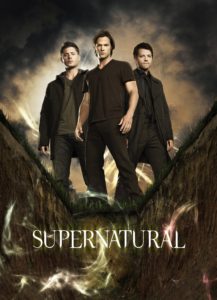 This October we’re focused on one thing and one thing only… watching as much horror-related programming as possible to prime the pop culture pump in celebration of Halloween. Our consuming will be taking place nightly, and while there’s no rhyme or reason to how we’re going about choosing our scary screenings, we’ll do our best to tell you how we did it so that you can watch them as well.
This October we’re focused on one thing and one thing only… watching as much horror-related programming as possible to prime the pop culture pump in celebration of Halloween. Our consuming will be taking place nightly, and while there’s no rhyme or reason to how we’re going about choosing our scary screenings, we’ll do our best to tell you how we did it so that you can watch them as well.
Title: Supernatural
Episode: “It’s the Great Pumpkin, Sam Winchester”
Directed By: Charles Beeson
Starring: Jared Padalecki, Jensen Ackles, Misha Collins, Ashley Benson, Robert Wisdom, Don McManus
We Watched On: Netflix
Trunktober Approved Because: You didn’t think we’d get through an entire spooky season without throwing our favorite monster-hunting series a bone, did you? In this episode, the Winchester brothers get into some demon-raising trouble on Halloween, which could mean a whole lot of evil being let out into the world unless they can stop it. Which of course, they do!
Biggest Scare: Boiled alive while bobbing for apples. Kind of puts a damper on a perfectly good Halloween party.
Here’s a look at this week’s brand new episode.


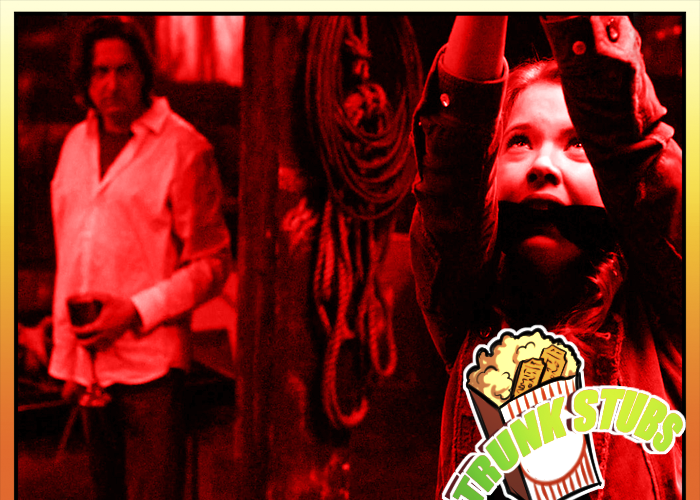
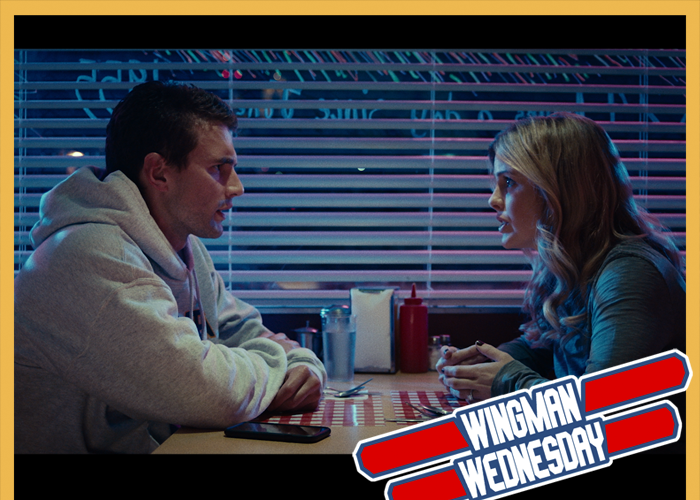
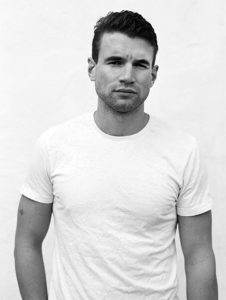
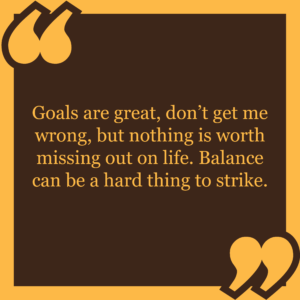 ideal “roller coaster of emotions” every writer hopes to send you on. When I met with Michael shortly thereafter, it sealed the deal. I knew, first from his script and then from how he spoke about the story, that he knew exactly what he was doing.
ideal “roller coaster of emotions” every writer hopes to send you on. When I met with Michael shortly thereafter, it sealed the deal. I knew, first from his script and then from how he spoke about the story, that he knew exactly what he was doing.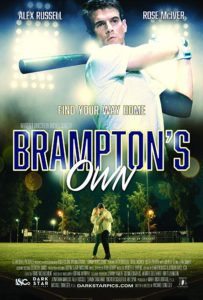 TrunkSpace: What we love about a movie like “Brampton’s Own” is that it is original. It isn’t “Based On The…” or a “Sequel To…” or a “Remake Of…” It’s just a great original story, which seems to becoming more and more of a rarity in the world of film. How important is independent filmmaking these days to giving audiences more than super heroes and super franchises?
TrunkSpace: What we love about a movie like “Brampton’s Own” is that it is original. It isn’t “Based On The…” or a “Sequel To…” or a “Remake Of…” It’s just a great original story, which seems to becoming more and more of a rarity in the world of film. How important is independent filmmaking these days to giving audiences more than super heroes and super franchises?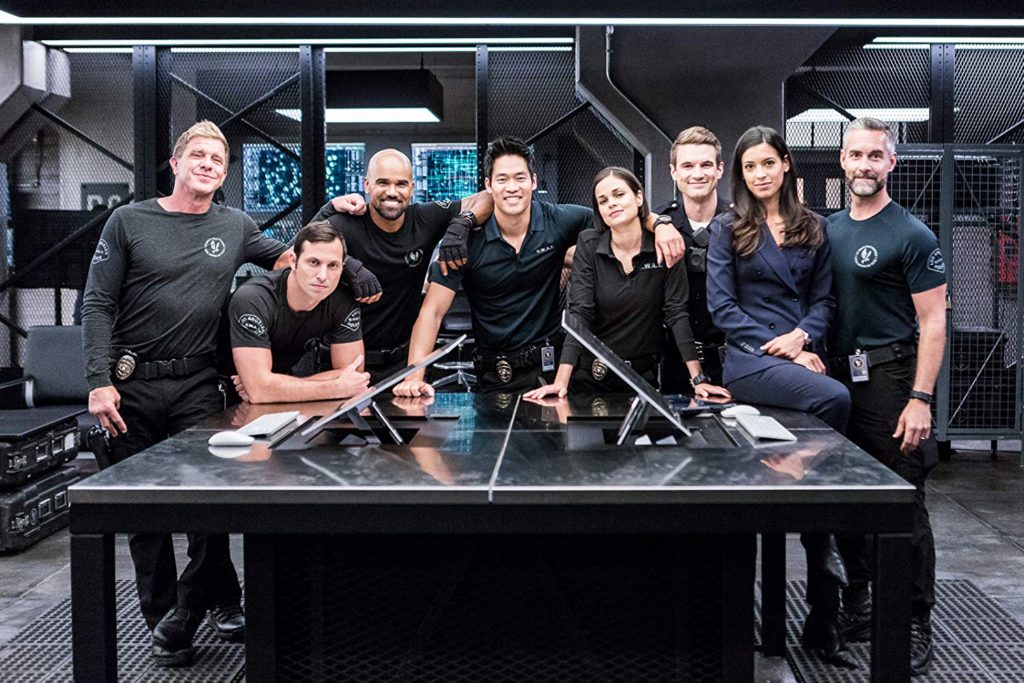
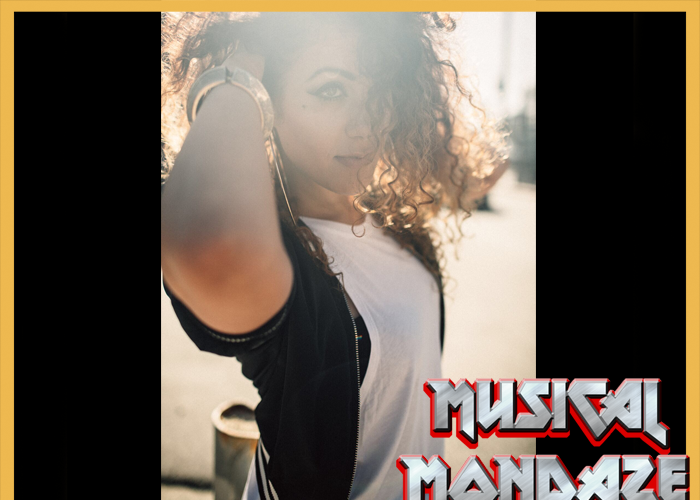
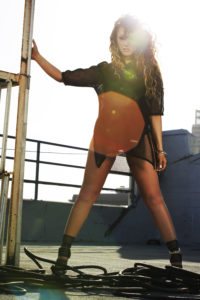
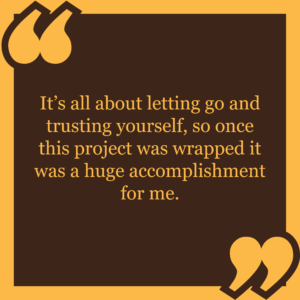 making any major decisions. I’m so grateful to have someone who puts my well-being before anything else. The fact that I have the last say in everything I do means everything to me. Another thing I am proud of is seeing my song being received with so much love. As an independent artist it is really satisfying to release a project and have it reach people so positively. Because I went through a complete overhaul and operated in the past as Yasmine Amari, some of my loyal fan base stuck with me, yet I’m mostly rebuilding myself as an artist from scratch. Through operating as my new title, Zjál, I’ve needed to work extra hard to rebuild my career from the ground up, which takes time. I feel as though to even get to this point is a blessing and I am grateful I have had the support and wisdom from people who truly care about me to keep me focused on my path.
making any major decisions. I’m so grateful to have someone who puts my well-being before anything else. The fact that I have the last say in everything I do means everything to me. Another thing I am proud of is seeing my song being received with so much love. As an independent artist it is really satisfying to release a project and have it reach people so positively. Because I went through a complete overhaul and operated in the past as Yasmine Amari, some of my loyal fan base stuck with me, yet I’m mostly rebuilding myself as an artist from scratch. Through operating as my new title, Zjál, I’ve needed to work extra hard to rebuild my career from the ground up, which takes time. I feel as though to even get to this point is a blessing and I am grateful I have had the support and wisdom from people who truly care about me to keep me focused on my path.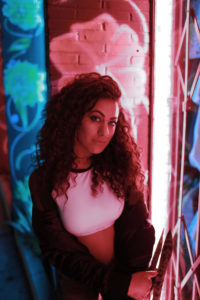
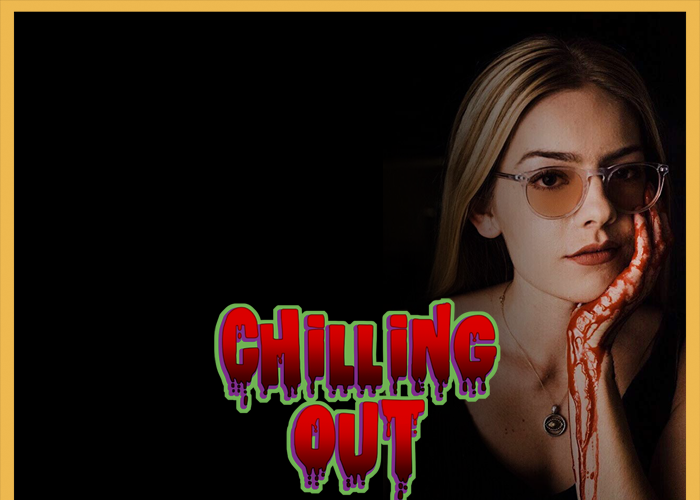
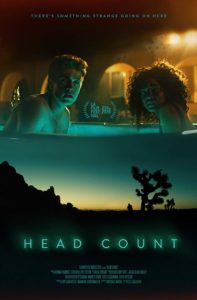 Chilling Out is where TrunkSpace talks all things horror and genre with those who work in the projects that give us the thrills and chills to keep coming back for more. This time out we’re chatting with Elle Callahan, writer and director of the new film “Head Count,” which is currently touring the festival circuit.
Chilling Out is where TrunkSpace talks all things horror and genre with those who work in the projects that give us the thrills and chills to keep coming back for more. This time out we’re chatting with Elle Callahan, writer and director of the new film “Head Count,” which is currently touring the festival circuit.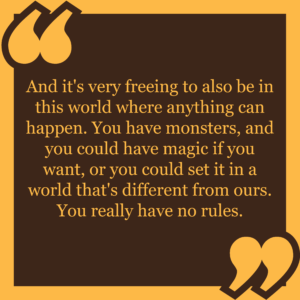 we’re very controlling people. That’s our job. And I found that there’s a lot of improvising that happened. And I was surprised, because you think with horror, you really plan out these scares, and then we got on set, and I found that I started directing to get reactions out of my crew. It was a lot of me trying to play tricks on my own crew to get reactions out of them because they were like my audience as we were making the film. And that was really fun, and I didn’t expect that at all. There’s a lot of improv in comedy, and I have a lot of friends that have chosen that path for their film, and I was not expecting it in horror. It was a pleasant surprise.
we’re very controlling people. That’s our job. And I found that there’s a lot of improvising that happened. And I was surprised, because you think with horror, you really plan out these scares, and then we got on set, and I found that I started directing to get reactions out of my crew. It was a lot of me trying to play tricks on my own crew to get reactions out of them because they were like my audience as we were making the film. And that was really fun, and I didn’t expect that at all. There’s a lot of improv in comedy, and I have a lot of friends that have chosen that path for their film, and I was not expecting it in horror. It was a pleasant surprise.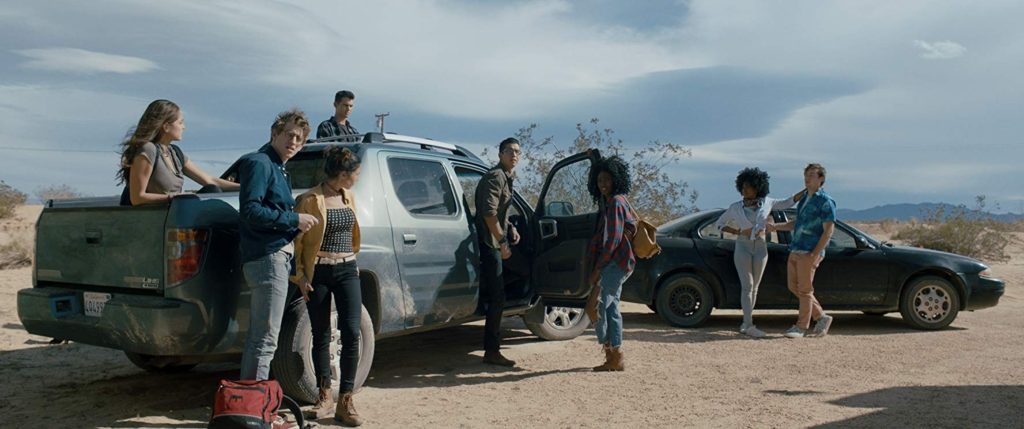
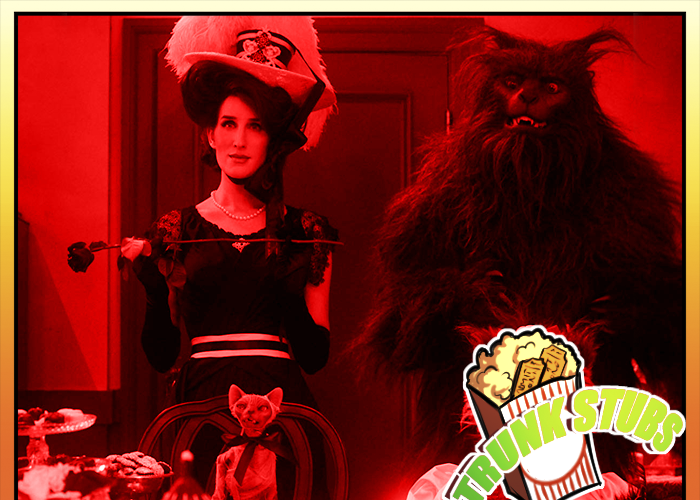
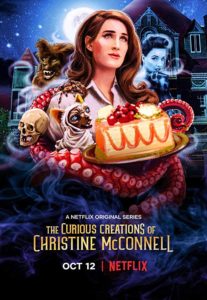 This October we’re focused on one thing and one thing only… watching as much horror-related programming as possible to prime the pop culture pump in celebration of Halloween. Our consuming will be taking place nightly, and while there’s no rhyme or reason to how we’re going about choosing our scary screenings, we’ll do our best to tell you how we did it so that you can watch them as well.
This October we’re focused on one thing and one thing only… watching as much horror-related programming as possible to prime the pop culture pump in celebration of Halloween. Our consuming will be taking place nightly, and while there’s no rhyme or reason to how we’re going about choosing our scary screenings, we’ll do our best to tell you how we did it so that you can watch them as well.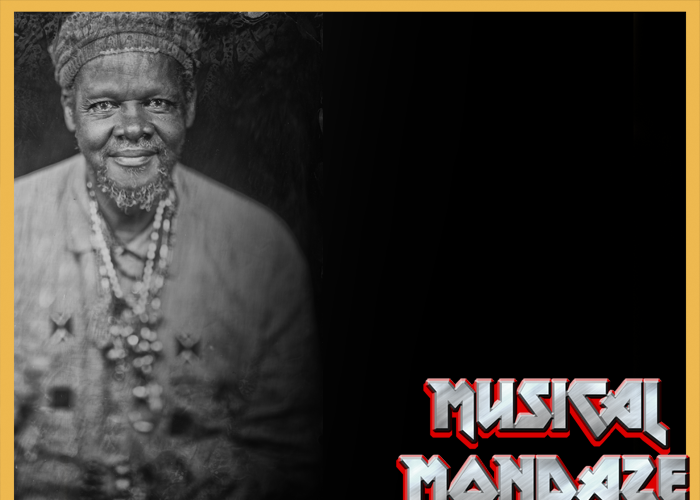
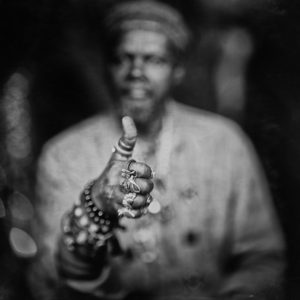
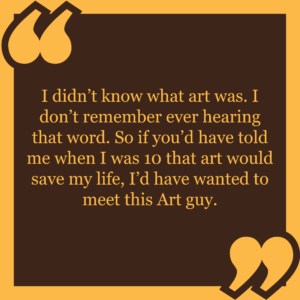 America. Our idea has always been that we have a great idea about a country, but we haven’t always been able to achieve what we set out to build. Art helps us understand the whys and why nots. Sometimes it’s all we got.
America. Our idea has always been that we have a great idea about a country, but we haven’t always been able to achieve what we set out to build. Art helps us understand the whys and why nots. Sometimes it’s all we got.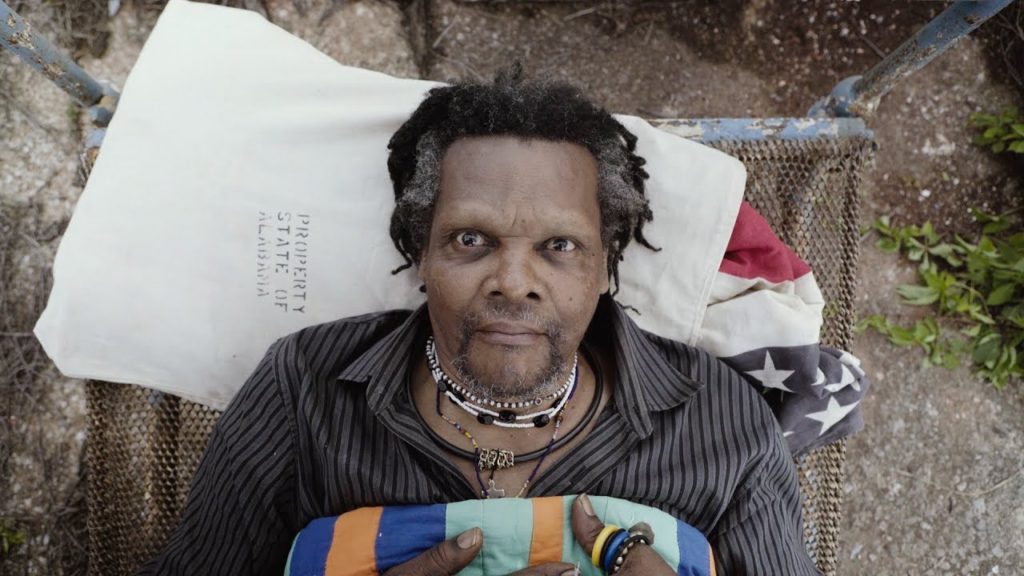
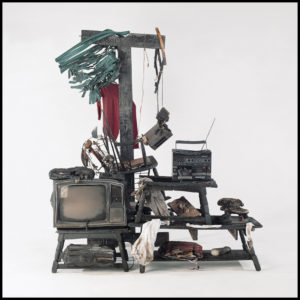
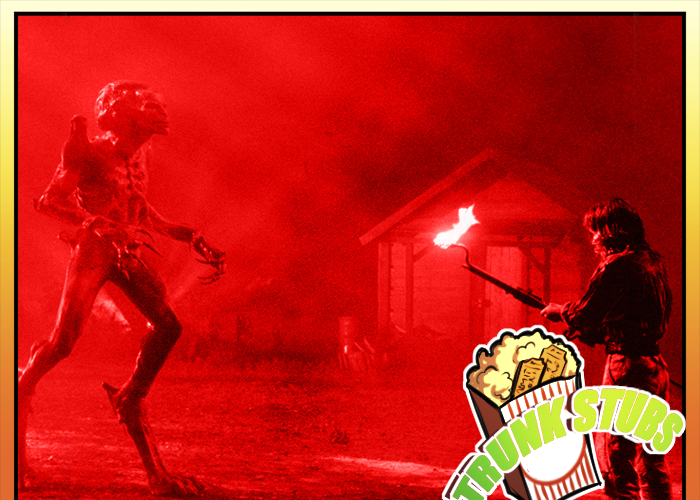
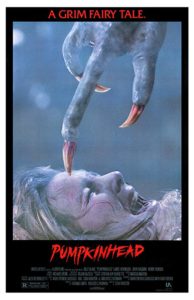 This October we’re focused on one thing and one thing only… watching as much horror-related programming as possible to prime the pop culture pump in celebration of Halloween. Our consuming will be taking place nightly, and while there’s no rhyme or reason to how we’re going about choosing our scary screenings, we’ll do our best to tell you how we did it so that you can watch them as well.
This October we’re focused on one thing and one thing only… watching as much horror-related programming as possible to prime the pop culture pump in celebration of Halloween. Our consuming will be taking place nightly, and while there’s no rhyme or reason to how we’re going about choosing our scary screenings, we’ll do our best to tell you how we did it so that you can watch them as well.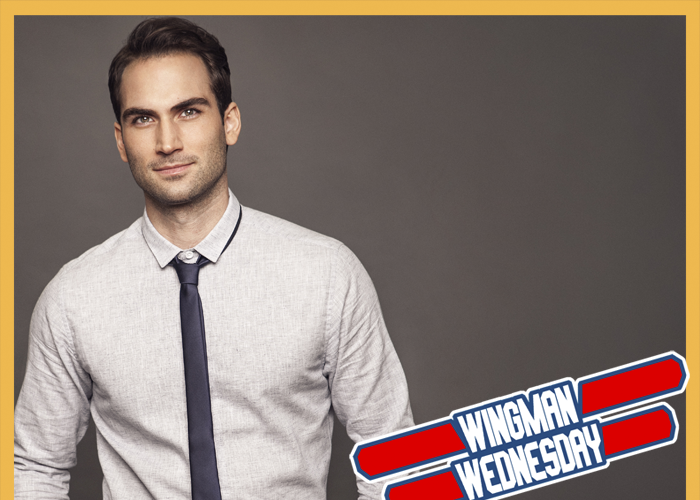

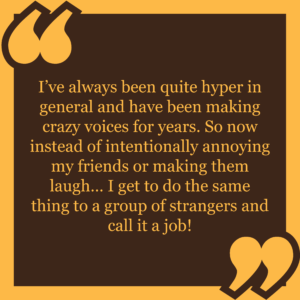 work require the same ability to accept an imagined world as being real. I tend to use a lot more body work in animation as I’m discovering a character, but that is mainly because playing animals or monsters can be so wildly different than playing a person! But on the same note, there are similarities. I mean, the movements of people can tell you a lot about their character or personality, and this is just the same as an animal or cartoon character. Overall I’d say that doing voice acting and film acting complement each other and have helped me improve in both fields.
work require the same ability to accept an imagined world as being real. I tend to use a lot more body work in animation as I’m discovering a character, but that is mainly because playing animals or monsters can be so wildly different than playing a person! But on the same note, there are similarities. I mean, the movements of people can tell you a lot about their character or personality, and this is just the same as an animal or cartoon character. Overall I’d say that doing voice acting and film acting complement each other and have helped me improve in both fields.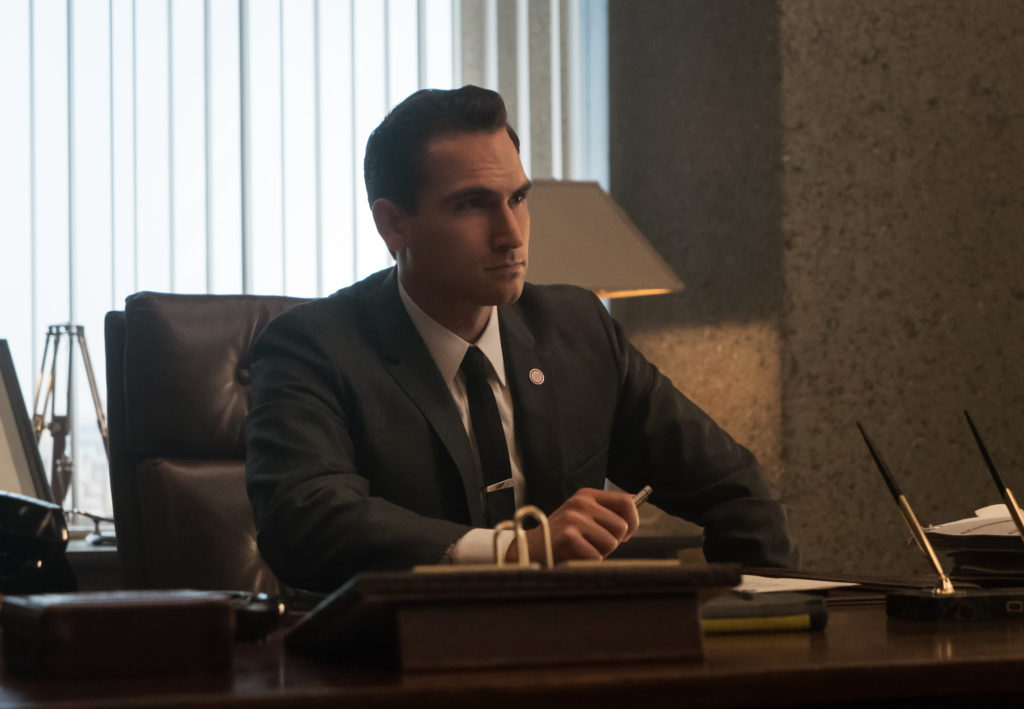
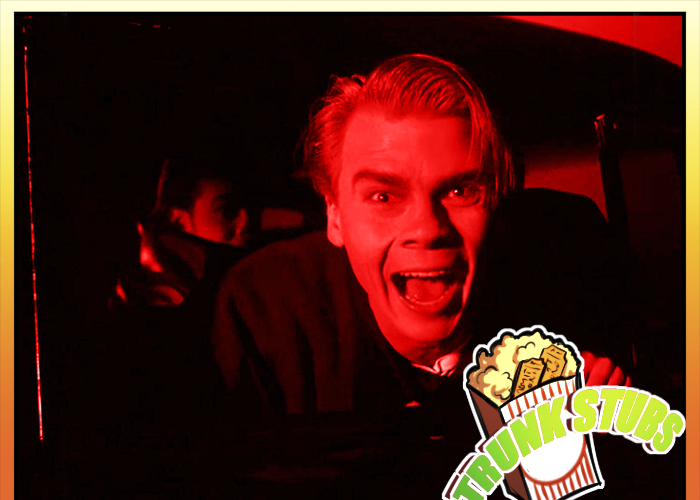
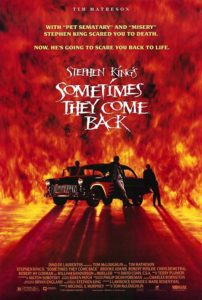 This October we’re focused on one thing and one thing only… watching as much horror-related programming as possible to prime the pop culture pump in celebration of Halloween. Our consuming will be taking place nightly, and while there’s no rhyme or reason to how we’re going about choosing our scary screenings, we’ll do our best to tell you how we did it so that you can watch them as well.
This October we’re focused on one thing and one thing only… watching as much horror-related programming as possible to prime the pop culture pump in celebration of Halloween. Our consuming will be taking place nightly, and while there’s no rhyme or reason to how we’re going about choosing our scary screenings, we’ll do our best to tell you how we did it so that you can watch them as well.
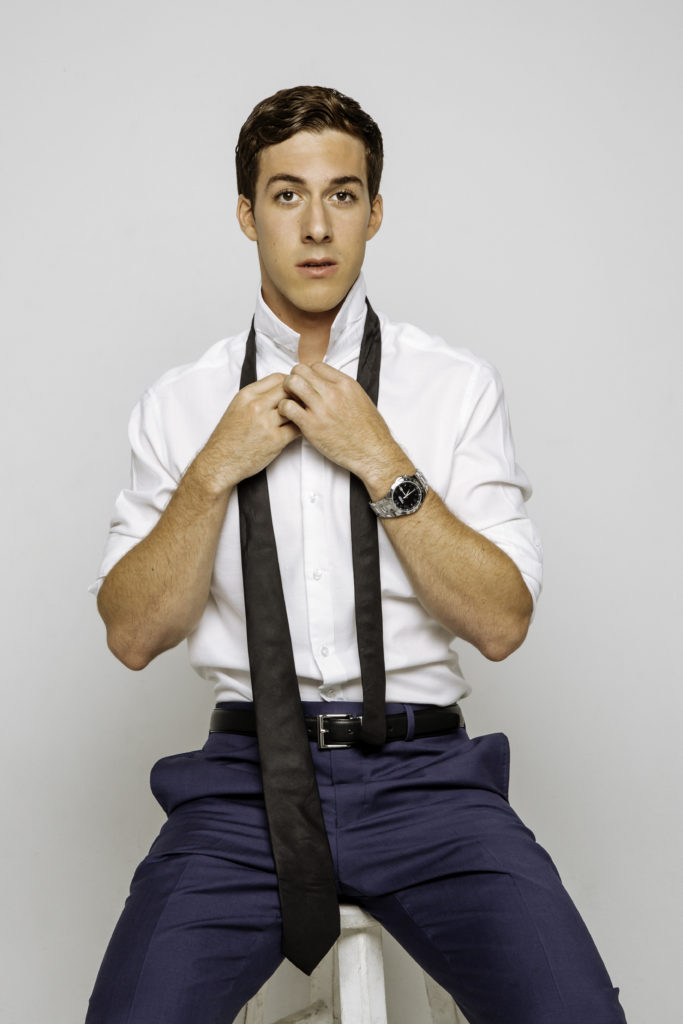
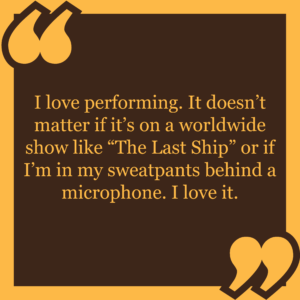 himself. He isn’t afraid of the fight, whether it’s physically or mentally. He isn’t afraid to stand up and ask the hard questions. I really liked that about Clayton. He isn’t doing this for personal gain – he is doing it for the greater good. Clayton to his core is a good person and really cares. As an actor, that really resonated with me.
himself. He isn’t afraid of the fight, whether it’s physically or mentally. He isn’t afraid to stand up and ask the hard questions. I really liked that about Clayton. He isn’t doing this for personal gain – he is doing it for the greater good. Clayton to his core is a good person and really cares. As an actor, that really resonated with me.